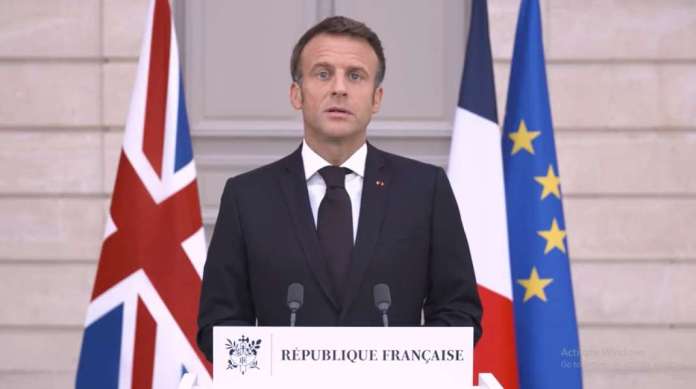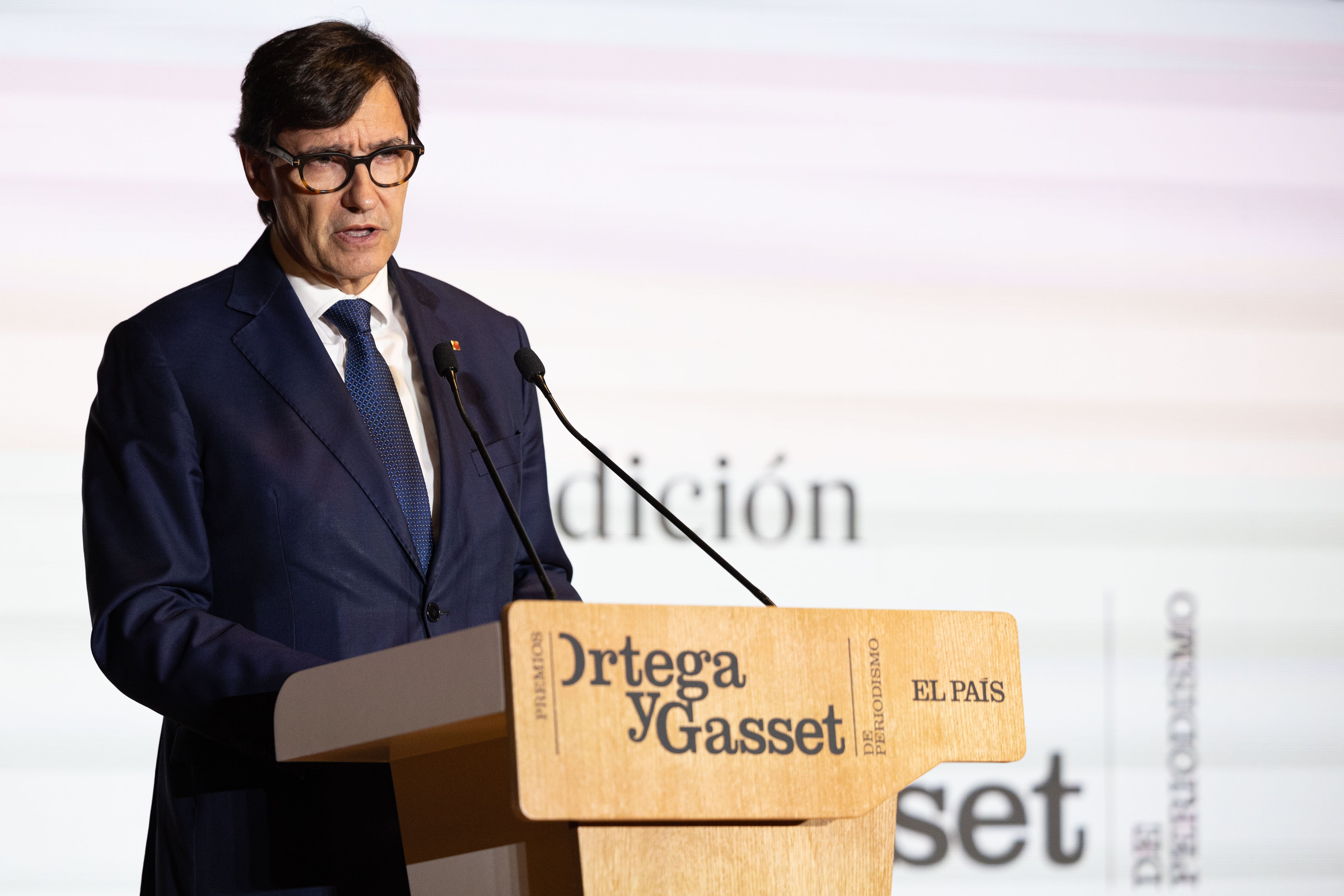What does NRC think | A weak Federal Chancellor Merz? Germany and the EU cannot afford that
:format(jpeg):fill(f8f8f8,true)/s3/static.nrc.nl/taxonomy/bf9b707-commentaar-itemafbeelding-2024.png)
WEIMAR – It suddenly haunted many German heads on Tuesday. That Friedrich Merz (CDU) needed two rounds to be elected as Chancellor is seen as a bad omen. Some politicians saw parallels with the political instability of the pre -war Weimar Republic, which would eventually contribute to the rise of the Nazis. In 2025, the political middle again makes a vulnerable impression and wins a party on the extremely right -wing flank, the AfD (Alternative für Deutschland), to supporters. A party that has been made by the German security service last week the stamp ‘right-wing extremist’ Got it, without the ‘possible’ that there was still before.
It’s not a Weimar yet. But in a country where historical trauma is never far away, and the fear of chaos has been an important adviser in politics for years, the messy election of Merz causes a lot of emotions. Never before in the history of the Federal Republic, a candidate needed more than one voting round. Merz was short of six votes, so the secret vote had to be held again. Are these the first cracks in the broad and not exactly born coalition between Christian Democrats and Social Democrats?
The SPD denied being behind the fiasco on Tuesday. Merz also experiences resistance within his own CDU/CSU group. Some find him too conservative and too harsh towards migrants. Others don’t find him conservative enough when it comes to public finances.
Under the incentive of Merz, among others, the Bundestag decided in March to let go of the strict budget discipline (‘Schwarze Null’), now that the geopolitical crisis requires huge investments in defense. In March, Merz still looked like the man who will give Germany confidence and direction again, and will make the country back to the EU pillar. On Tuesday his Aura suddenly seemed a little less fierce.
It is hoping for Germany and for Europe that Merz will not let his ambitions sail immediately, now that politically it is wrong. The Netherlands, no matter how bad, can afford a weak leader, not the big Germany. In the past two decades it produced relatively weak chancellors, with sometimes disastrous consequences. Gerhard Schröder (SPD) was, encouraged by his personal friend Putin, at the basis of the German-Russian Nordstream gas network, at the expense of Ukraine, until then the main transitland of Russian gas. His successor Angela Merkel (CDU) continued to follow this dangerous path of energy dependence, and added a lot by closing fairly radical German nuclear plants. Olaf Scholz (SPD), the predecessor of Merz, was confronted with the geopolitical aftermath of this policy: the Russian war against Ukraine. He responded little thoroughly, if not hesitant.
Merz can now pick up the shards. The infrastructure is lousy, the industry is burdened by higher energy prices, the German competition and innovative power appears to be no natural phenomenon and the aging population strikes. Migration is seen as a solution, but also as a problem, and due to a series of stab incidents, thinking about ‘foreigners’ has not become more positive. To keep the right-wing extremist forces in control, Germany will soon have to invent itself again.

:format(webp)/s3/static.nrc.nl/wp-content/uploads/2025/03/24161251/data129662961-64db72.jpg)





